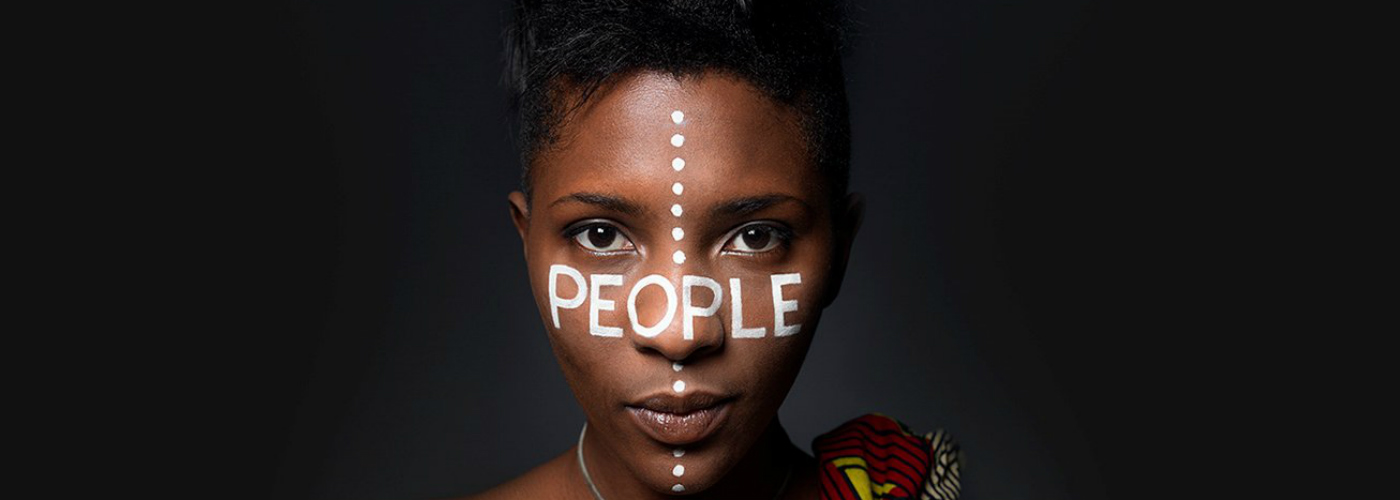By Sally Akinyi and Churchill Ongere
As Ugandans headed to the polls yesterday, the country and the East African region at large was deeply worried by an election cycle marked by prolonged periods of protest, police brutality, and undue restrictions of civil liberties like free expression, association, and access to information.
Close to one hundred civilians have been killed in the run-up to the 2021 elections, and opposition politicians, journalists and civil society actors have been targeted with arrests, detentions, physical harm, termination of formal registrations, and closures of their offices.
Unfortunately, Uganda has a tradition of heavily infringing human rights. In 2016, citizens woke up to a three-day countrywide Internet shutdown by the government. In 2021, the same tactics have been employed, although staggered in phases, beginning with blocking access to main social media sites and ending with another internet shutdown hours prior to the election.
The government justifies the internet shutdown as a security measure. Yet it is largely understood as a means of disrupting access to information and free expression about how the elections are being conducted, the announced results, and public reactions in the aftermath of the elections.
Global solidarity
However, in a show of global solidarity with Ugandans around democracy, free elections, and freedom of expression, popular sentiment has been captured by the hashtags #UgandaDecides and #UgandaElections. These are being used mostly by regional actors in neighboring Kenya and Tanzania as well as regional and international media. Ugandans, unfortunately, remain in the dark during a process that ought to have been conducted with utmost transparency.
The same rights that people have offline must be protected online.
It remains to be seen what interventions regional and international bodies like the East African Community, African Union, and the United Nations will make at a time when democracy itself is under siege in the United States of America.
The Ugandan digital space is a point of convergence not just for civil society organizations, the media, and the international community (which the Ugandan government distrusts because of their calls for good governance), but also millions of people who depend on the internet for their livelihoods.
As has been demonstrated by popular opposition candidates, creatives and artists are also change-makers. Their voices are critical in countering oppressive political, economic and social systems and in pushing citizens to defend their rights. Today, together with millions of other Ugandans, they, too, are in the dark, unable to express themselves and truthfully address the reality of Uganda.
Hivos sees freedom of expression as a basic requirement for maintaining democracy and an open society where citizens stay informed, express opinions and participate actively in public life. Freedom of expression is in turn bolstered by the space the Internet provides for citizen participation, democratic processes and dialogues to take place.
We add our voice to all those calling for freedom of expression and urge the Ugandan government to uphold its human rights obligations under national, regional, and international statues. We particularly remind the Ugandan government that the United Nations Human Rights Council’s resolution states: “the same rights that people have offline must be protected online’’.




